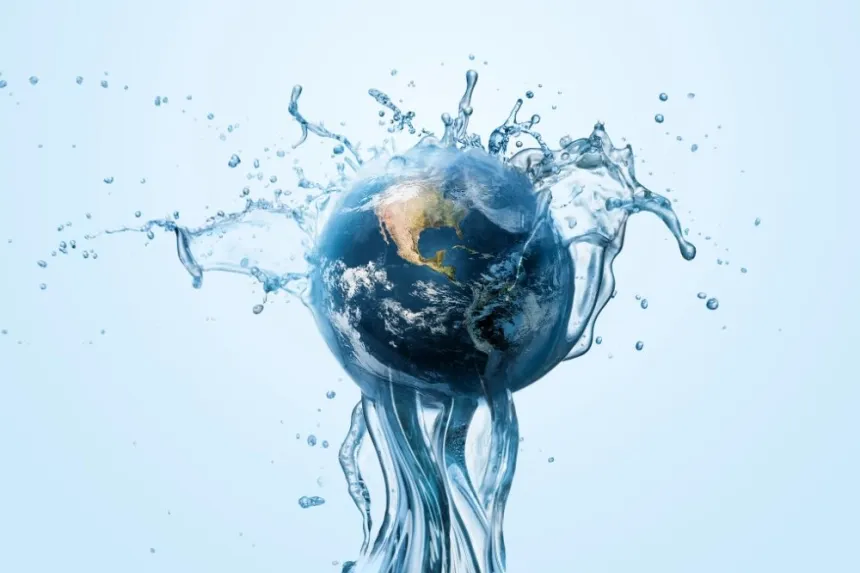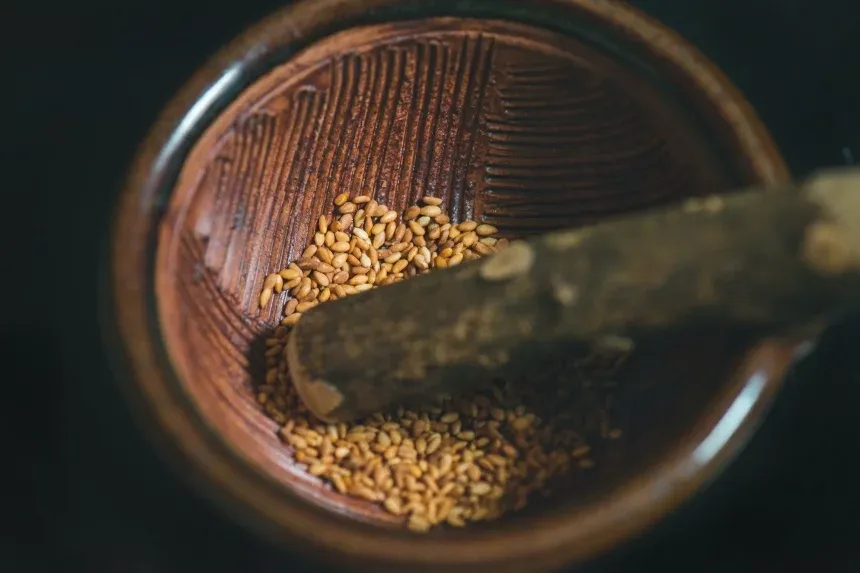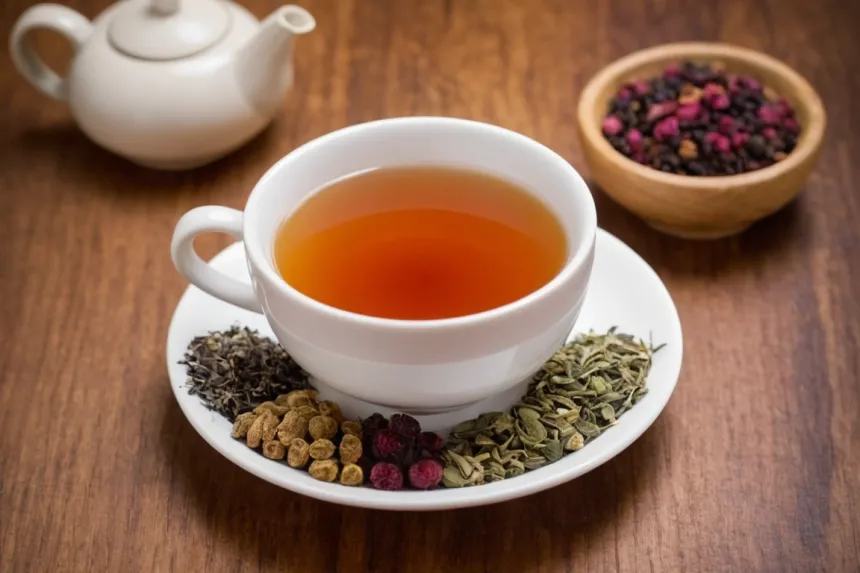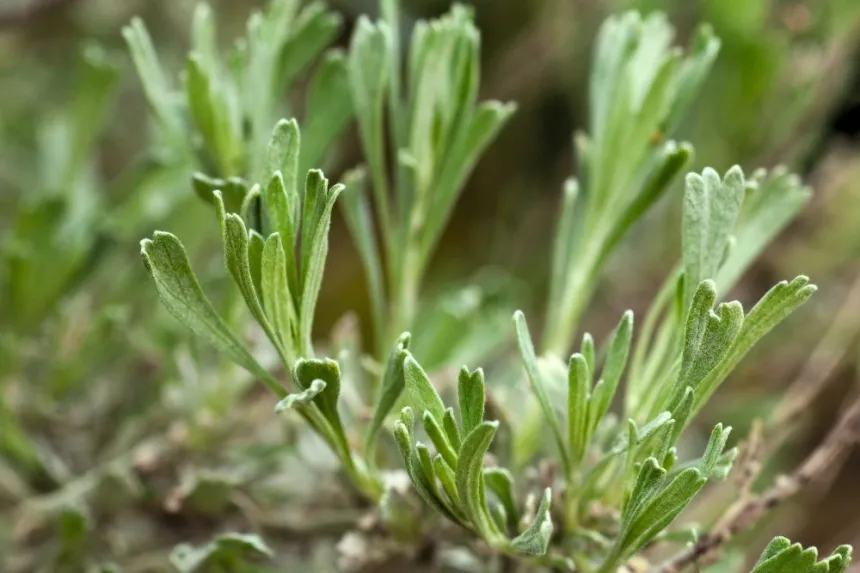How to save water while washing dishes easily.

Saving water is a responsibility that we all must take on to care for our planet and reduce household expenses. Washing dishes is a daily activity that, if not done consciously, can consume a large amount of water. In this article, I will share some practical and simple tips to save water while keeping your kitchen utensils clean and sparkling.
Preparation Before Washing Dishes
Sorting Utensils
An essential first step to saving water while doing the dishes is to sort the utensils before you start. This means grouping plates, glasses, cutlery, and pots, allowing you to optimize the washing process and reduce the time spent with water running. Additionally, be sure to remove large food scraps before submerging them in water. A preliminary scraping can reduce the need for excessive rinsing.
Use a Container or Sink
Instead of letting the tap run continuously, consider using a container or the sink for washing. Fill a container with warm water and detergent, and submerge the dishes as you wash them. This will drastically reduce water consumption, as you will only use it for rinsing at the end.
Efficient Washing Techniques
Dry Washing
Dry washing is another technique you can employ to reduce water use. It involves using a sponge or damp cloth to clean the surface of the dishes. This technique is especially useful for utensils that have not come into contact with greasy foods. Afterwards, you can do a quick rinse to remove any detergent residue.
Quick Rinse
If you decide to use running water for rinsing, do it efficiently. Instead of leaving the tap open the whole time, you can rinse all the dishes at the end of the process. Just open the tap slightly to let the water fall over the utensils and make sure the rinsing takes the least amount of time possible. This way, you could save several liters of water.
Use of Appliances
Efficient Dishwasher
If you have a dishwasher, consider using it as a more efficient option. Modern dishwashers are designed to consume less water than washing by hand, provided they are full. Make sure to load it properly before starting it and use washing cycles that are appropriate for the load you have.
Read also
Check Plumbing
An important aspect to consider for efficient saving is checking the plumbing and taps you use. Verify that there are no leaks that could cause unnecessary waste. Even a small leak can contribute to excessive water consumption over time.
Conclusion
Saving water while washing dishes is not only beneficial for the environment but can also significantly impact your water bill. By applying these simple and practical tips, you can perform this daily task more efficiently. If you want to keep learning about how to save water and other sustainability tips, I invite you to read more articles like this on my blog.











































